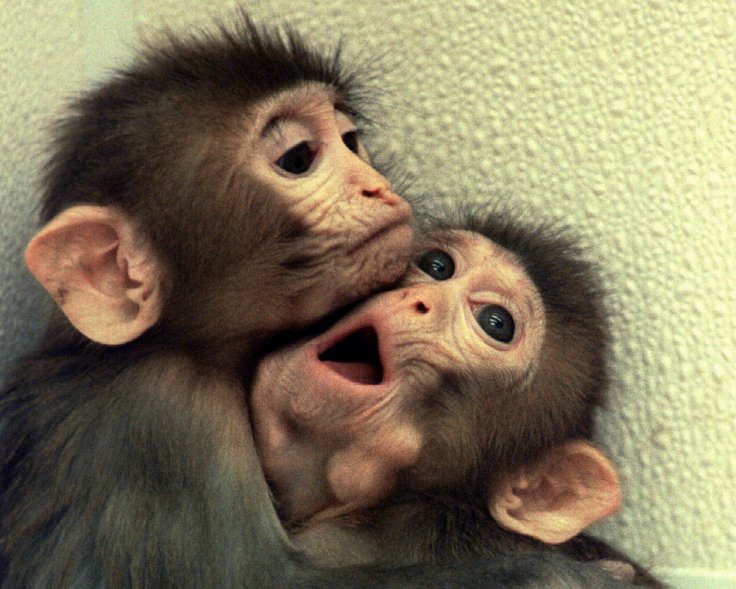Is it not fascinating that some people share a meal or a drink or money so easily while some would just keep it to themselves? Well, it is because of how specific regions of the brain interact while making that decision, says a new study.
According to researchers from Yale University, the complex and rhythmic neuronal exchange or synchronicity between the amygdala and the medial frontal cortex of the brain determine how one would decide for or against sharing. During the study that involved monkeys, the scientists found that despite being primates that are social animals and depend on cooperation for survival, selfishness often triumphs when faced with scarcity or assertion of status.
"We all know there are individual differences in levels of generosity," said Steve Chang, senior author of the study, in a statement. "Maybe Scrooge did not have high levels of synchrony after all."

A neural dance between two regions of the brain
Earlier studies involving the imaging of the human brain during decision-making process have proved that different regions of the brain are involved when the decision was about sharing.
To understand this mechanism better, the researchers studied the neuronal exchange between two particular areas of the brain — the amygdala and the medial frontal cortex — in monkeys when they were faced with the decision of sharing or not sharing fruit juice with a fellow monkey.
Making monkeys decide

The experiment was simple. Two scenarios were presented to the monkeys. In one scenario, the monkey was given a choice to either give a companion a drink, or it could simply throw it away. In another scenario, they could consume the juice alone or share it with another monkey simultaneously.
What did the researchers find? The monkeys choose to drink alone. However, if the other alternative available to them was to watch the drink being thrown in the dust bin, they prefer sharing the juice with the other monkey.
Distinct neural activity during decision-making
Both the scenarios showed a marked pattern of interaction in the neural activity between the amygdala — a part of the brain that is primitive — and the medial frontal cortex — an area of the brain where more conscious thoughts arise from.
When the monkeys shared the drink or were exhibiting pro-social behaviour, the exchange between these two regions of the brain was found to be exceedingly synchronised and occurring at similar rates. Conversely, when the monkeys exhibited anti-social behaviour, a distinctive suppression in the synchronicity of interactions between the two regions was found. Using the differences in the synchronicity of the exchange, the researchers were able to predict the decision made by the monkey. All they had to do was inspect the neuronal data.
"We found a unique signature of neural synchrony that reflects whether a pro-social or an anti-social decision was made," said Chang.
Different frequencies for different behaviour
The researchers also found vital differentiating attributes in the brain during the decision-making process. For example, it was at a particular frequency at which the neuronal interactions took place when the animals were engaging in pro-social behaviour. However, when they were being anti-social, the neuronal activity was at a different frequency. The region of the brain where the neurons were activated decided the frequency.









